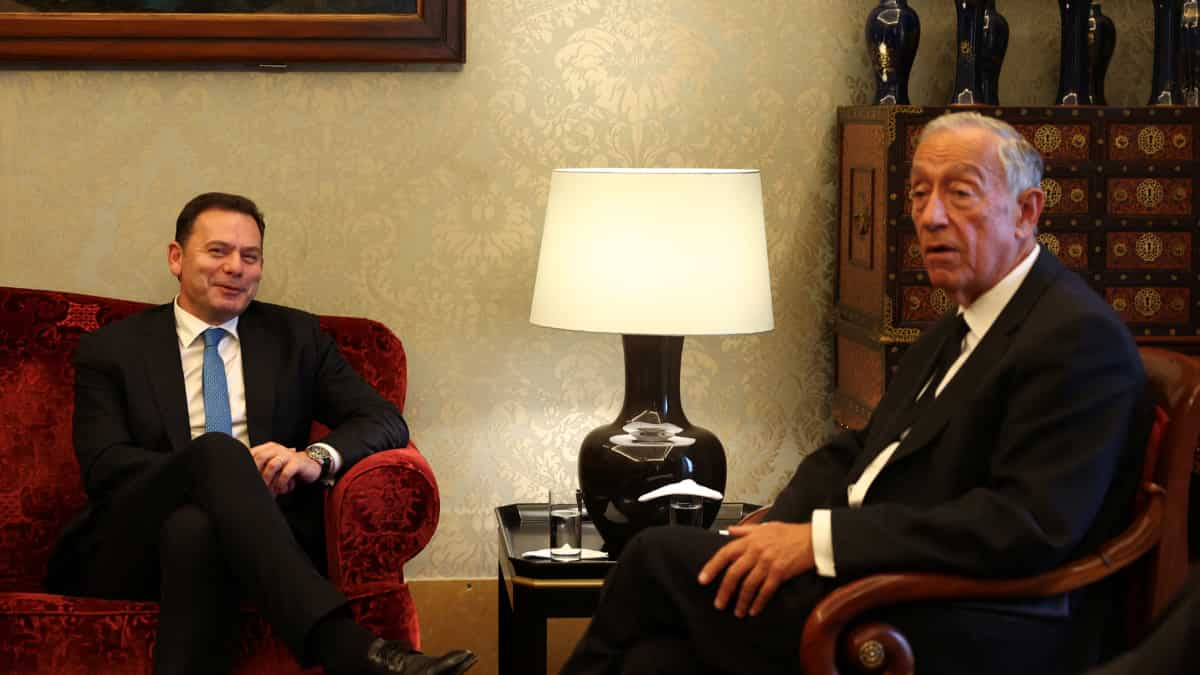Portugal’s Political Landscape Shifts
An AD government in Portugal faces challenges in parliament, potentially leading to instability due to the need for piecemeal deals with other parties.
New Prime Minister Named
Portugal’s president appointed Luis Montenegro, leader of the centre-right Democratic Alliance (AD), as the new prime minister, ending eight years of Socialist rule.
AD’s Slim Victory
The AD secured a narrow victory in the parliamentary election, falling short of a working majority. Montenegro, at 51, aims to govern independently without a formal alliance with the far-right party Chega.
Rise of Chega
Chega’s increased parliamentary presence marks a significant shift in Portuguese politics, being the first far-right party to gain such influence since the end of the fascist regime five decades ago.
Government Challenges
With 80 seats in the 230-seat legislature, the AD government will need to navigate alliances with Chega or left-wing parties to pass legislation, potentially leading to an unstable governance.
Political Implications
The political shift towards right-wing populism in Portugal mirrors trends across Europe, with potential gains for far-right parties in upcoming European elections.
Future Prospects
Montenegro’s government is set to be sworn in on April 2, with key policy proposals focusing on healthcare, education, security, and tax reforms. The 2025 budget will be a crucial test for the government’s survival.
Challenges Ahead
Chega’s leader, Andre Ventura, has expressed concerns about potential political instability and signaled support for certain government initiatives, while the Socialists remain open to negotiations on key sectors.
















































